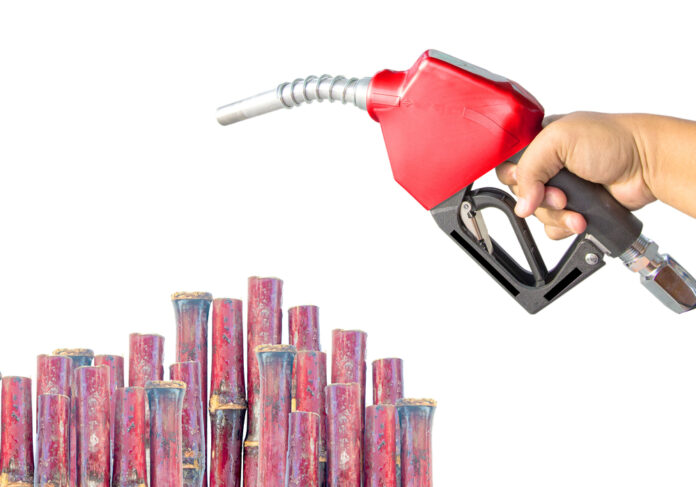The Philippine Biodiesel Association (TPBA) is urging the government to weigh the full benefits of biofuels as lawmakers deliberate on House Bill 4151, or the Murang Langis Act, which would allow the President to suspend the mandated coco-biodiesel blend when blended diesel becomes at least five percent more expensive than pure diesel. The group said it recognizes the bill’s intention to protect consumers but stressed the need to assess its broader effects on motorists, farmers, and public health.
The TPBA noted that blended diesel is not always more expensive, saying that during periods of global oil volatility, coco-biodiesel has reached price parity with or even cheaper than pure diesel. The group said the current three-percent blend adds only P0.71 per liter over the two-percent blend, or less than two percent of the pump price, while a future five-percent blend may add roughly another three percent but deliver six to ten percent better fuel efficiency, based on studies by the Department of Energy (DOE) and the University of the Philippines – National Center for Transportation Studies. According to TPBA, this mileage gain could translate into P17 billion up to P32.6 billion in annual savings for motorists.
The group said the DOE has championed policies that balance consumer protection, farmer welfare, environmental responsibility, and energy security. “The DOE has done an excellent job ensuring energy security and balancing stakeholder needs. Our contribution to the discussion is simply to highlight additional considerations to help ensure that all angles are fully evaluated. We believe this approach supports the spirit of HB 4151 and the broader goals of government,” TPBA executive director Ramon Taniola said. He added that the group hopes to “preserve” the momentum created by biodiesel, which he said has delivered significant consumer benefits.
The TPBA said about 25 million Filipinos depend on the coconut industry and that the biodiesel mandate has provided a stable domestic market for farmers amid global uncertainty. The group warned that changes to the mandate should consider how stability affects replanting, modernization, and long-term productivity, noting that wider use of coco-biodiesel has reduced soot emissions by up to 95 percent and helped avoid an estimated P1.86 trillion to P2.2 trillion in annual health costs, benefiting urban communities, children, seniors, and daily commuters.
The government earlier suspended the scheduled rollout of the four-percent coco methyl ester blend, which was supposed to take effect in October, after the National Biofuels Board decided to delay it to avoid possible inflationary effects. The DOE chairs the board, which includes representatives from the Philippine Coconut Authority (PCA) and several other agencies. The PCA recently said it plans to resume the B4 rollout in the first quarter of next year and move to a five-percent blend by October 2026.
The DOE has said that increasing the blend would benefit coconut farmers and biodiesel producers, with around 900 million additional coconut nuts needed to supply the extra one percent requirement. The Philippine Statistics Authority reported that the country produced 14.5 million metric tons of husked coconut in 2024, down 2.6 percent from the previous year.







